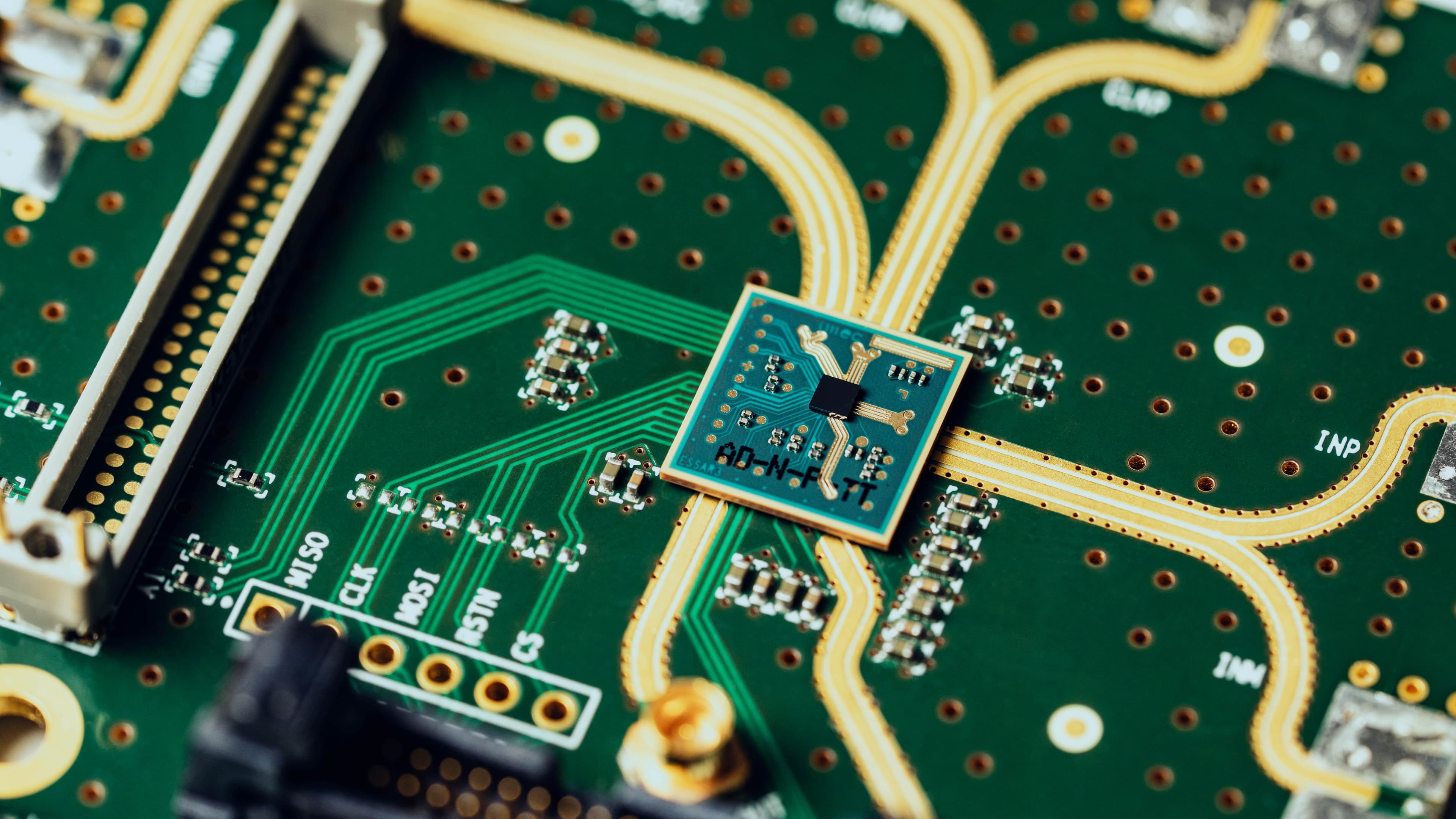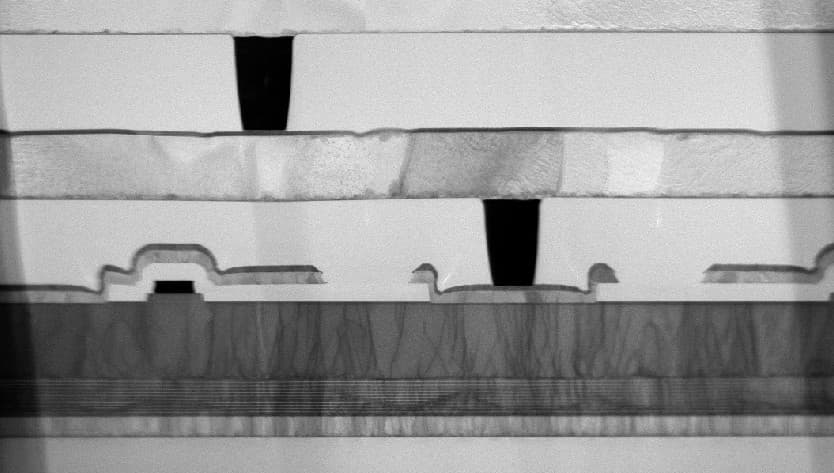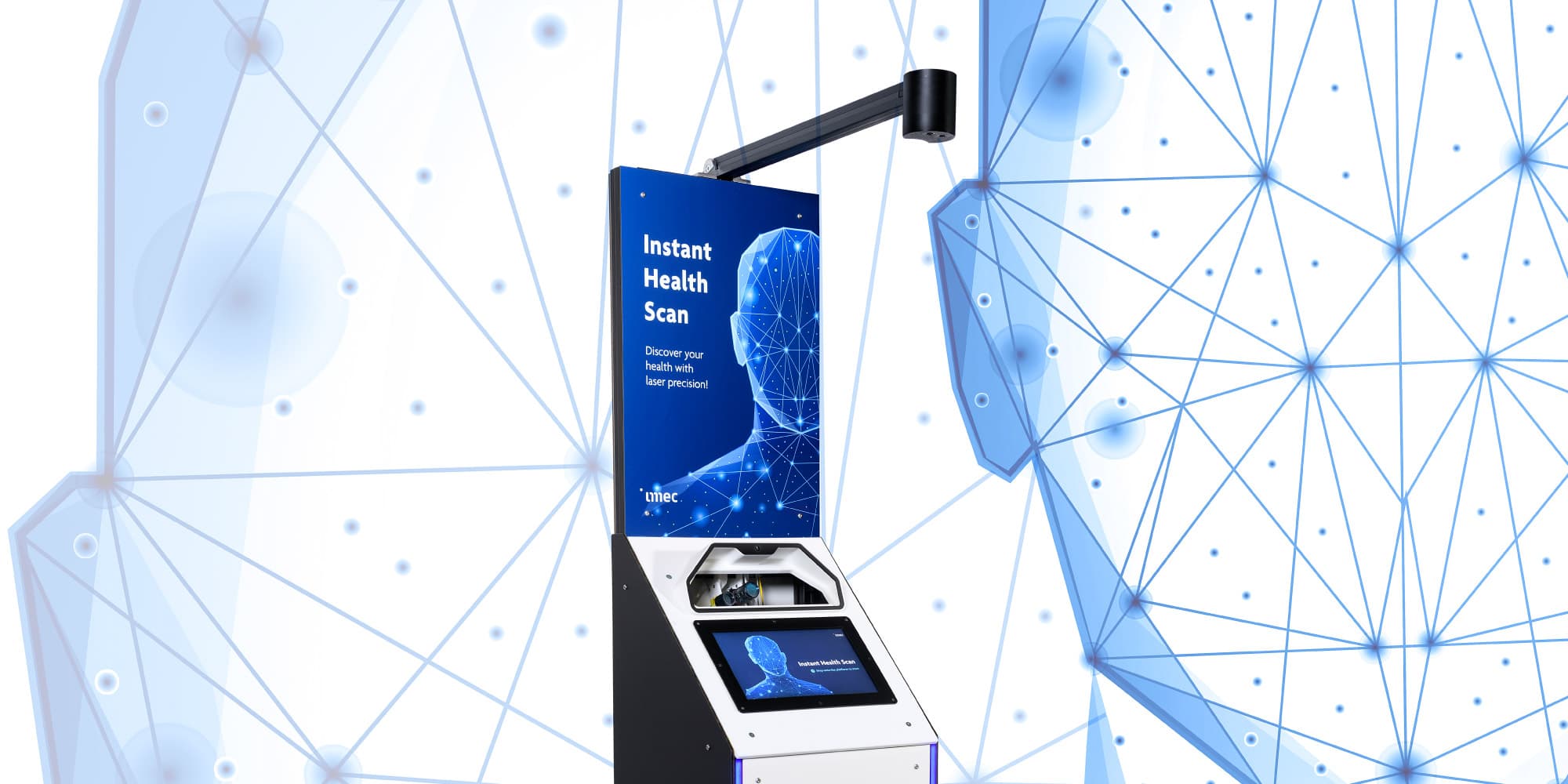Over half of nursing home residents require continence care. During the day, an estimated 20% or more of caregiving time is spent directly dealing with the consequences of incontinence; at night, this rises to 70%. Continence care management involves periodic checks of residents’ incontinence protection, micturition training (toilet visits at regular intervals) and manual creation of individual incontinence profiles. These practices give rise to either unnecessary checks or delayed interventions, meaning protective materials are changed too early or too late. Unnecessary check-ups and incontinence accidents damage the well-being of residents, triggering secondary behaviors such as wandering and disturbed sleep. They also place an extra burden on already overstretched care personnel. In short, while continence care management is necessary, it is time consuming for staff and, if not carried out effectively, it can have a negative impact on residents’ experience of life in nursing homes.
DISCRETE aimed to innovate in nursing home care management to improve the quality of care and reduce workloads. Specifically, DISCRETE sought to unlock the value of data from three sources: a smart bed equipped with non-intrusive sensors; the nurse call system including the reasons for and actions resulting from calls; and the resident care file containing residents’ profiles and specific care needs. To do so, DISCRETE employed a participatory development approach, conducting several data acquisition campaigns to ensure the innovation respected existing nursing home infrastructure and practices.
The outcomes
1. An IoT architecture and secure commissioning framework to unlock sensor data from the room
The project resulted in an Internet of Things (IoT) architecture applicable to a nursing home setting. This consists of Bluetooth Low Energy (BLE) sensors placed in the room or attached to the bed, a bed hub acting as a local gateway to bundle the sensors, and a room controller that acts as an information gateway. The architecture allows sensor commissioning via a smartphone app. In addition, the framework connects to the nurse call system backend, ensuring proper user management, device management and licencing. Plus, a secure connection is automatically established between sensors and every component in the architecture, enabling secure data flow from sensor to gateway. The project also led to the invention of patented middleware that allows data processing and aggregation ‘at the edge’. Only one connection between the bed hub and the gateway is required, which can be dynamically updated without breaking the connection.
2. Algorithms and recommender engine that suggest real time care actions
By integrating the nurse call system and care file, the project partners designed new algorithms and applications to enrich calls with relevant contextual information, leveraging sensor data, annotations (history of call reasons) and profile information. The project also gained new insights for incontinence management, based on observations, workshops with the care personnel and data acquisition campaigns (where residents were monitored non-intrusively). In addition, the DISCRETE partners developed a mixed initiative recommender engine that combines rule-based and machine learning components. The recommender drew on 90 initial rules established from caregiver input and further datasets collected during pilot studies. It now provides the basis for further optimization of call management within the Televic care platform.
3. Intuitive user interfaces for call and care management
An intelligent mobile user interface provides transparency on recommendations and engages caregivers to provide feedback on the recommended priorities. Besides supporting priority call recommendations, this encourages nurses to annotate observations from calls in the resident’s care file and give feedback to the recommender. The result is greater trust in the recommendations and increased perceptions of transparency and control. Moreover, the care staff can easily consult and annotate a resident’s history dashboards and the care file. This design approach has been shown to deliver a valuable tool for more accurate and efficient decision-making.
DISCRETE
Incontinence care management in nursing homes is a key element of Quality of Care (QoC).
DISCRETE is an imec.icon research project funded by imec and Agentschap Innoveren & Ondernemen.
It ran from 01.10.2018 and ended 31.03.2021
Project information
Industry
- Computer Management and Services
- Distrac
- OCMW Kortrijk
- Televic Healthcare
- WZC Sint-Bernardus
Research
- imec-DistriNet-KULeuven
- imec-STADIUS-KULeuven
- KULeuven-HCI
- KULeuven-LRD
Contact
- Project lead: Pieter Crombez
- Research lead: Vero Vanden Abeele
- Proposal Manager: Pieter Crombez
- Innovation manager: Eric Van der Hulst













